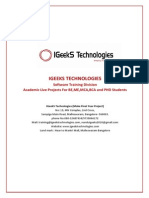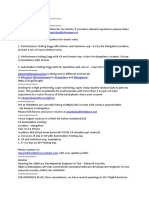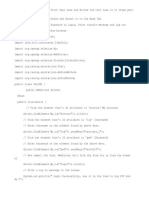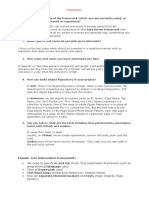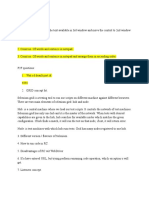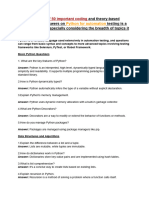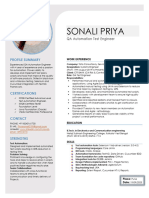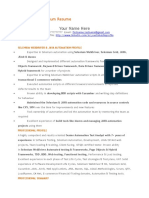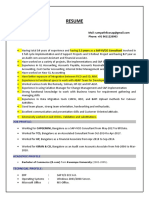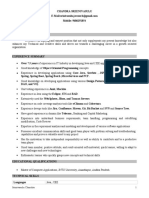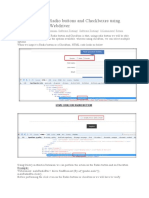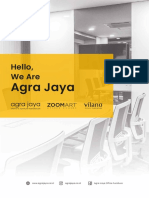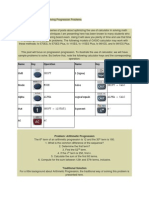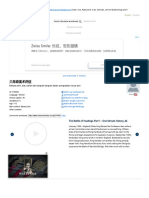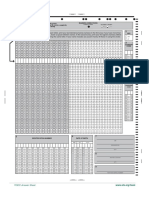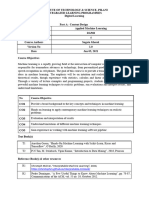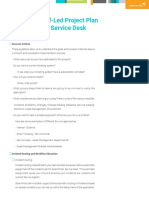1st Week: In your first week you should target any programming language in which you are
comfortable. I have shared study plan for Java. Go for installing and setting up Eclipse and
Java basics. Below are the topics you need to cover:
Eclipse - Installation and usage.
Fundamentals of Java
o Classes and Objects
o Data Types in Java
o Modifiers
o Variables
o Operators
o Control Flow Statements
o Conditional Statements
o Loop Statements
o Strings
o Arrays, ArryaList
o Methods
o OOPS Concepts
o Exception Handling in Java
Find Java For Selenium tutorials guide here - Java Tutorials Series
2nd Week: In 2nd week, go for all the Selenium Webdriver commands and do practical
implementation of their usage for demo/practice sites.
1. Installation & Setup of Selenium Webdriver
Locators - Id, Class Name, Name, Link Text, Partial Link Text, Xpath, Css
Selector, Tag Name
Webdriver Commands (with real time code examples)
o Wait Commands
o Handle Alerts or Pop-ups
o Handle Ajax Elements
o Handle Multiple Browser tabs/windows
o How to Read Table Data
o Handle Dynamic Web Table
o Capture Screenshots
o Handle Dropdowns
o Action Class
o Handle Frames
o Handle Links
o Javascript Executor
Robot Class
Webdriver Exceptions
Find complete Selenium Webdriver tutorials list here: Selenium Webdriver Tutorials
Series
Advanced Part
�3rd Week: In 3rd week you can target implementing TestNG framework in your Selenium
Webdriver scripts.
3. TestNG: TestNg is a unit testing framework used along with Programming language to
control the execution flows, create test suites, set priority of execution of test cases, report
generation of test results. Topics to be covered are:
Installation of TestNg in Eclipse
Use of Annotations
Create Test Suite & execute it
Report generation
Refer this link for complete tutorials guide - TestNG Tutorials Series
4th Week: In last week you should learn and develop different types of automation
frameworks and their usage.
4. Automation Frameworks: Automation frameworks are developed to increase re-usability
of code and reduce maintenance cost and effort. Frameworks give us the freedom to integrate
multiple tools and enhance our automation's capability. Below are types of frameworks, go
through every type. But try to develop Page Object Model.
First Step towards Automation Framework building
Keyword driver Framework
Modular Framework
Library Architecture Testing Framework
Data Driven Framework
Hybrid Framework
You can find complete tutorial series on Selenium, Java, TestNG, Software Testing and
many other technologies at https://techlistic.com
If you find this answer useful then upvote it and share with others. You can also follow me
for other useful answers on latest automation topics.
Happy Learning!
3.9k views
View Upvoters
View Sharers
Upvote
·
70
Share
·
5
2 comments from Matthew Johns and Anna Khurana
Related Spaces (More Answers Below)
� Coronavirus
Shared knowledge and experiences regarding COVID-19
Follow
1.9m











